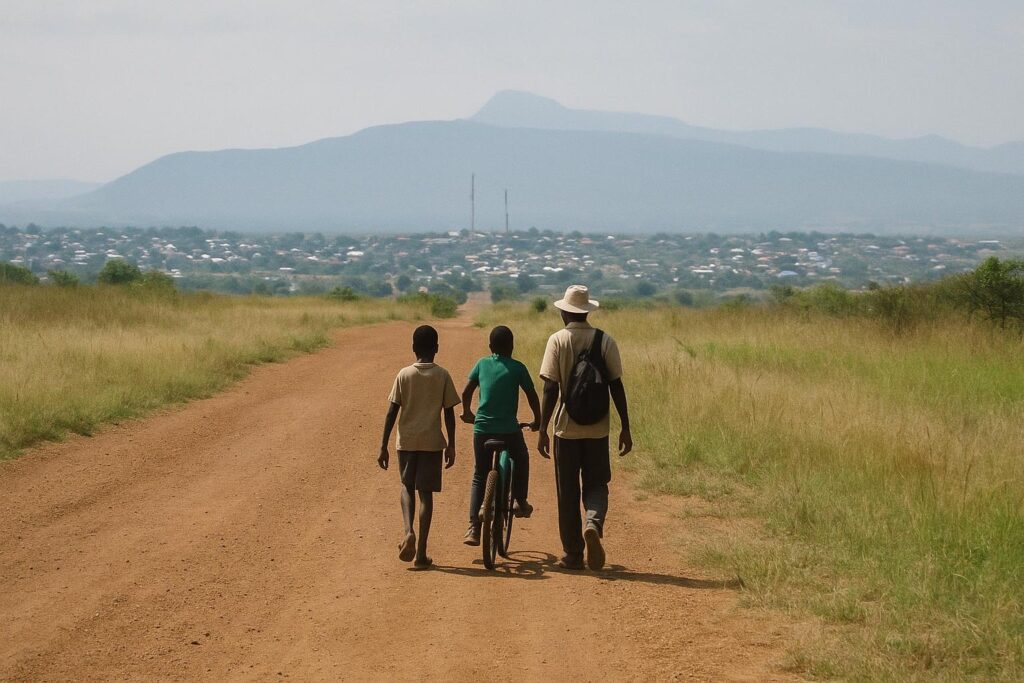Airwaves and Aftermath
Lodiong Godfrey Okech phoned Voice of Freedom 93.0 FM on a routine afternoon. He politely suggested moving security roadblocks away from crowded homes to ease tensions.
Hours later, witnesses say plain-clothes officers located him in Magwi County, beat him, and held him briefly at a local station. He was released the same evening without charge.
Legal Guarantees Under Pressure
Article 24 of South Sudan’s Transitional Constitution promises citizens the right to express opinions without fear. Journalists’ union leader Patrick Oyet called the assault a “blatant violation” of that clause.
Advocates argue the 2024 National Security Service Bill complicates the picture by allowing detentions without warrant, effectively shrinking the protective envelope around public debate.
Civil Society Demands Accountability
“Community radios exist to give citizens a voice,” said Edmund Yakani, who heads CEPO. He labeled the beating a crime and urged Governor Louis Lobong Lojore to act swiftly.
Yakani warned that silence from authorities could embolden further intimidation, eroding trust between civilians and uniformed services in Eastern Equatoria State.
Political Stakes Before 2024 Ballot
Observers note that national elections and a constitution-making process draw closer. Safeguarding free speech, they argue, is vital to a credible vote and lasting peace.
For now, Okech’s ordeal serves as a litmus test. Whether culprits face consequences may reveal how serious Juba remains about turning legal promises into everyday reality.


